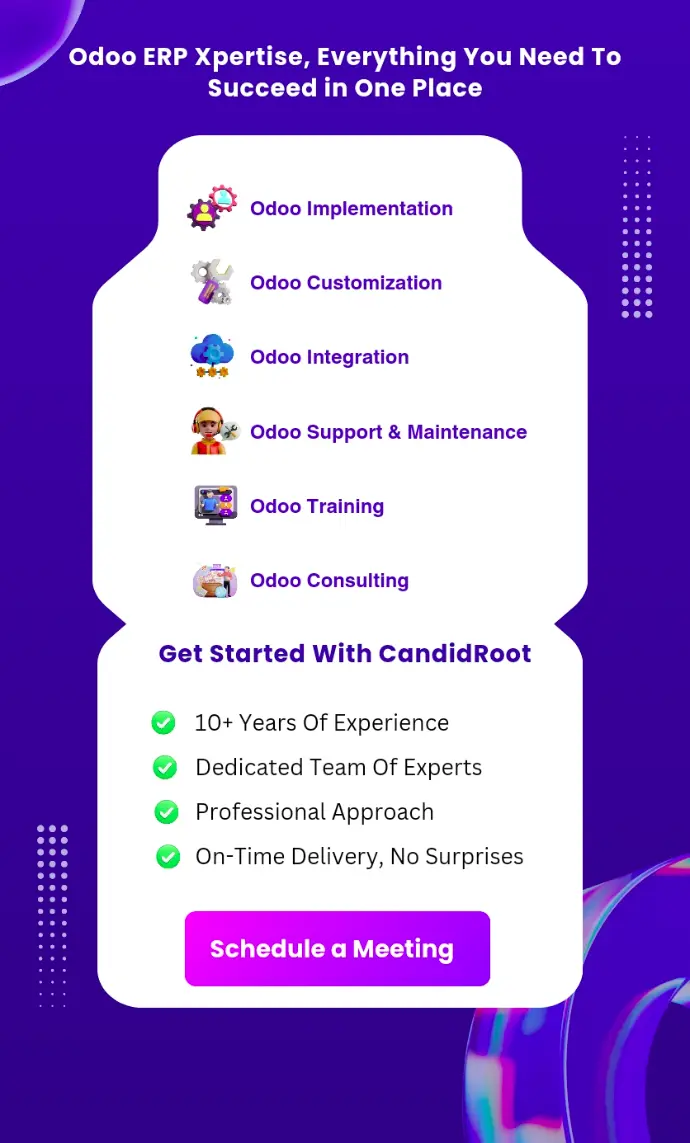Native Mobile App Development
For native mobile app development, several tech stacks stand out as top contenders. Swift and Kotlin, programming languages developed by Apple and Google respectively, offer a range of features and capabilities ideal for building native mobile apps. These languages are user-friendly and easy to learn, making them suitable choices for developers of all skill levels.
React Native is another popular option for native mobile app development. This framework enables developers to create native mobile apps using the React library, primarily used for building web applications. React Native's ability to write code once and deploy it across multiple platforms saves developers time and resources while ensuring high-performance and visually appealing apps.
For those seeking newer and more innovative options, Flutter is an very good choice which is developed by Google. It allows developers to create the app with high performance with the look and feel of native on both iOS and Android platforms. Flutter's wide range of pre-fill widgets enables the quick and easy creation of complex UI components.
Hybrid Mobile App Development
Hybrid mobile app development also offers compelling tech stacks worth considering. Ionic, a popular open-source framework, allows developers to build hybrid mobile apps using web technologies such as HTML, CSS, and JavaScript. With its pre-built UI components and cross-platform compatibility, Ionic is an ideal choice for creating apps that provide a native look and feel across multiple platforms.
Combining React Native with Ionic is another powerful approach for hybrid mobile app development. This combination leverages the benefits of both frameworks, enabling developers to create hybrid apps with native components optimized for each platform while utilizing Ionic for web-based components that can be used across multiple platforms.
Looking Ahead
In 2023, the world of mobile app development is expected to continue its rapid evolution, constantly introducing new technologies and frameworks. This can make it challenging for developers to choose the best tech stack for their mobile app development projects. However, by considering current trends and evaluating the capabilities of different technologies, it is possible to identify the most effective tech stacks for mobile app development in 2023.
What is a Tech Stack?
A tech stack is a combination of software technologies that developers use to build their apps. It encompasses programming languages, frameworks, libraries, and other tools. The choice of tech stack can vary based on project requirements, budget, and scalability needs.
Best Tech Stack for Mobile App Development in 2023
At CandidRoot Solutions, we recommend the following tech stacks for mobile app development in 2023:
React Native - The Futuristic Choice: A JavaScript framework that allows developers to create native mobile apps for both iOS and Android platforms. React Native offers high performance and a seamless user experience.
Flutter - The Dynamic Choice: An Open-Source framework developed by Google and it uses the Dart programming language. It enables the creation of beautiful and responsive user interfaces across iOS and Android platforms, ideal for high-performance apps with rich animations and complex UI designs.
Kotlin - The Swift Choice: A modern programming language running on the Java Virtual Machine (JVM), Kotlin offers conciseness, expressiveness, and ease of learning and writing. It is an excellent choice for mobile app development, thanks to its null safety, extension functions, and co-routine features. Using Kotlin, developers can create scalable with high-performance apps that run smoothly on both iOS and Android platforms.
Swift - The Apple Choice: Swift is a powerful and intuitive programming language developed by Apple. It is specifically designed to work with Apple's Cocoa and Cocoa Touch frameworks, making it the primary language for iOS app development. With Swift, developers can create high-performance apps that deliver a seamless user experience. It is easy to learn and offers a wide range of features, making it ideal for building complex and responsive mobile applications.
Node.js - The Smart Choice: Node.js is a server-side JavaScript runtime that excels at building scalable and high-performance applications. It is built on the V8 JavaScript engine and provides a rich set of libraries and frameworks, making mobile app development easier. Node.js is an ideal choice for apps that require real-time data processing and seamless data exchange.
Conclusion
The future of mobile app development is full of excitement and possibilities, and CandidRoot Solutions is here to guide you through it. With the right tech stack, developers can create high-performance and scalable apps that offer a seamless user experience. In 2023, the best tech stack for mobile app development will depend on various factors, including the nature of the application, the expertise of the development team, and scalability requirements. Whether you choose React Native, Flutter, Kotlin, Swift, or Node.js, make your decision wisely and get ready to build truly amazing apps.
Let's embark on an exciting coding journey with CandidRoot Solutions!


